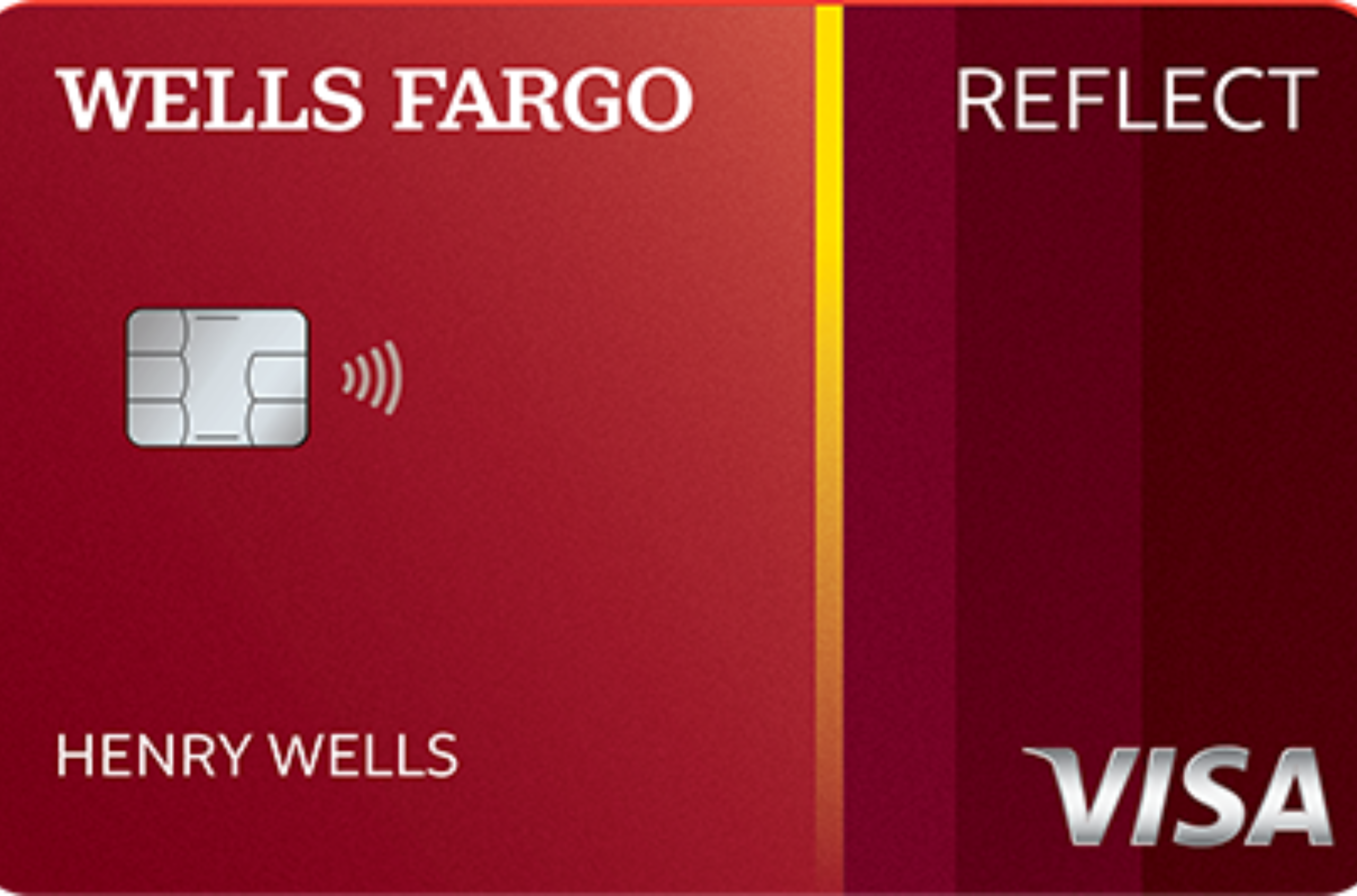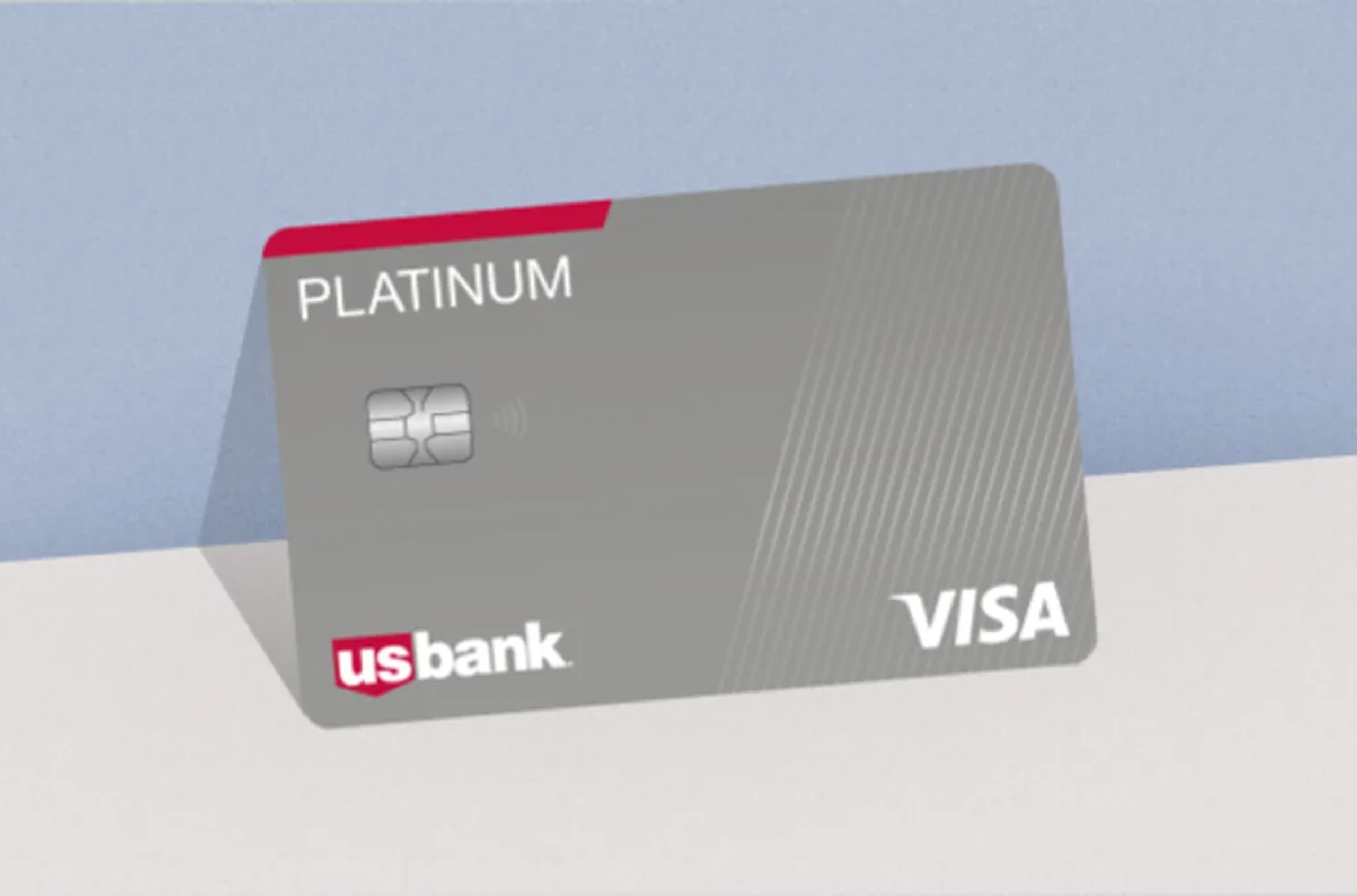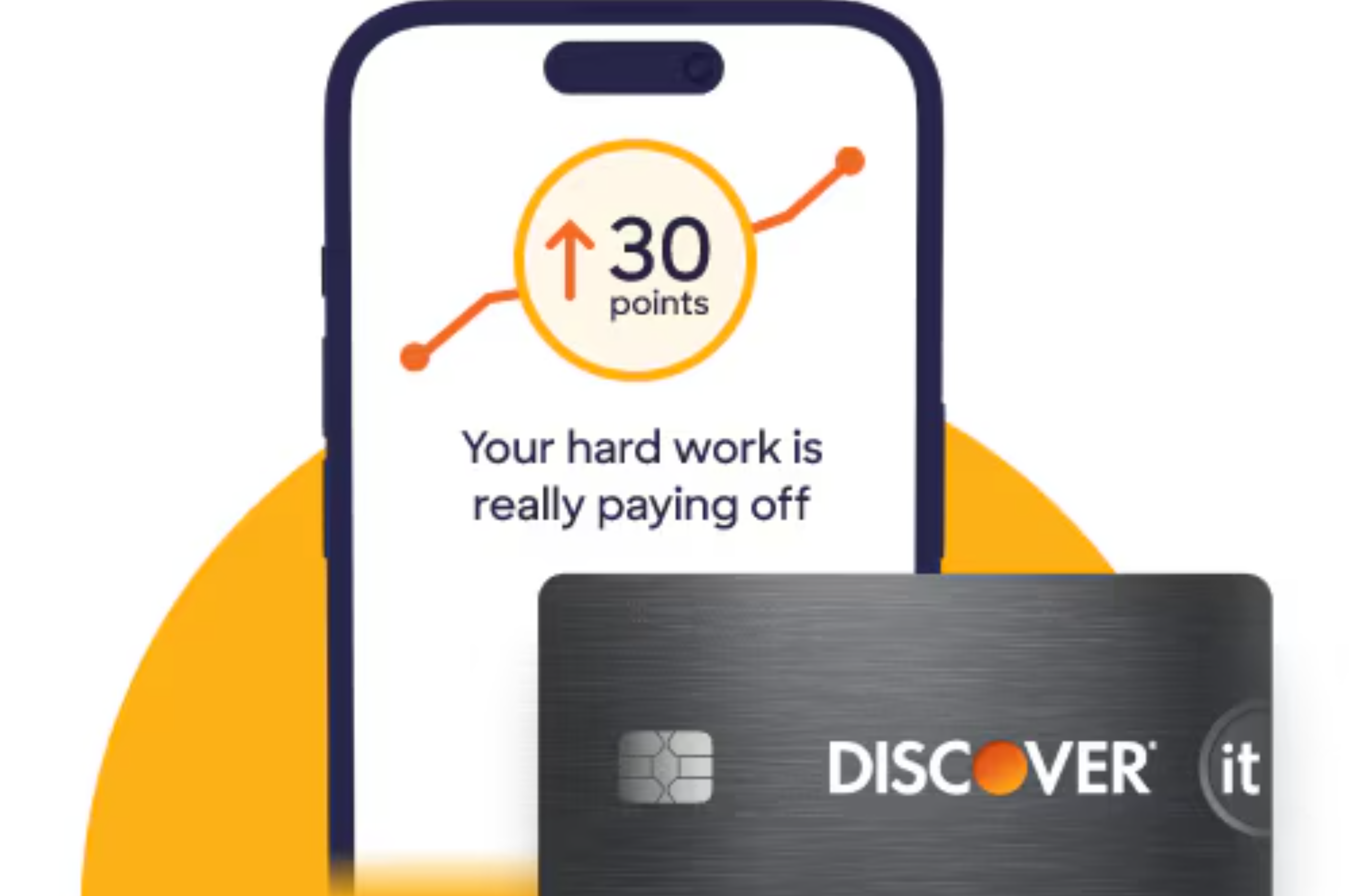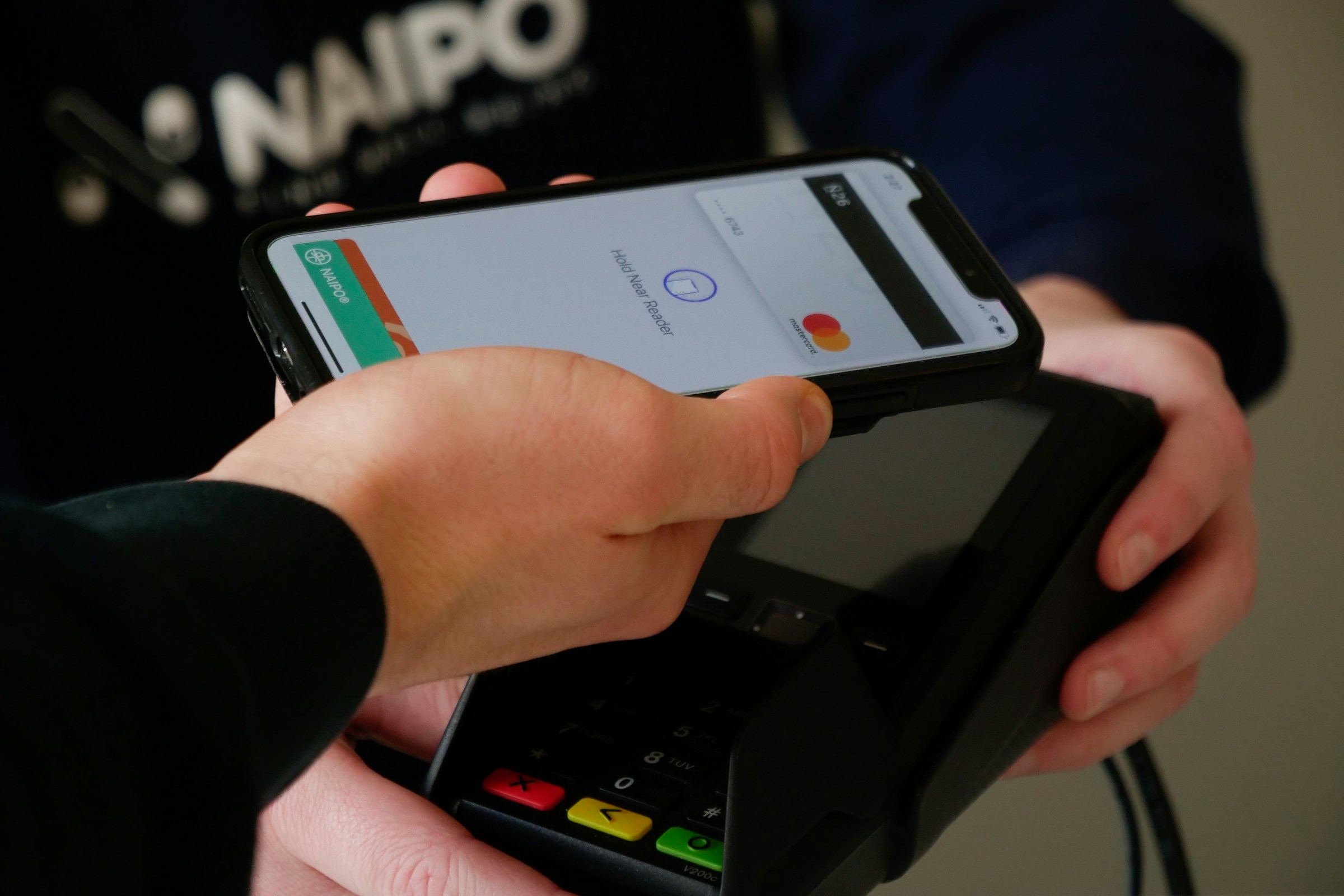When it comes to selling your limited edition iPhone, emotions often run high. This isn’t just any piece of technology; it’s a companion that has been by your side through countless moments, both monumental and mundane. But as all things go, there comes a time when upgrading or changing devices is inevitable. Whether you’re eyeing the latest model or simply looking to declutter, knowing how to sell your iPhone effectively and lucratively is crucial.
Understanding the Emotional Value
You might remember the day you got your limited edition iPhone. It was probably an exciting moment, filled with anticipation and joy. Now think about the potential buyer on the other end. They’re likely experiencing similar emotions—eagerness to own something unique, something not everyone has. Channeling this emotional connection can significantly enhance your sales approach.
Here’s a little anecdote to ponder: once, there was a person who lamented the sale of their first car. It wasn’t just about losing a means of transport; it was about parting with a trove of memories. This person transformed their lament into a positive sales pitch, focusing on all the incredible journeys the car had been part of, which eventually resonated with the buyer. Just like that old car, your iPhone isn’t just a device; it’s a vault of personal history and experiences. Share its story.
Crafting Your Sales Pitch
When preparing to sell my iPhone, I think about what makes it unique. Is it a rare color? A special edition? Maybe it was part of a limited run that sold out in minutes? These details are your main selling points and should be highlighted prominently in your sales pitch.
Imagine you’re at a ministry, where everyone is sharing stories that highlight their unique journeys and personal transformations. Your iPhone’s story should be presented in a similar way. Mention the specific features that set it apart from standard models and how it has been a reliable gadget that has seen you through thick and thin.
Choosing the Right Platform to Sell Your iPhone
Deciding where to sell your iPhone is as crucial as how you sell it. Online marketplaces like eBay, Craigslist, and specialized tech resale websites are excellent options. Each platform has its audience, so choose one that aligns most closely with potential buyers who appreciate the uniqueness of your iPhone.
Remember, listing your iPhone with a compelling narrative can attract more attention. Think of your advertisement as a growly dog protecting its beloved home; it needs to stand out and catch the eye of passersby, yet convey the warmth and history that any new owner would cherish.
Set the Right Price
Determining the right price for your iPhone involves a delicate balance. Set it too high, and you might deter potential buyers; too low, and you might not get its worth. Research similar listings, understand the market demand, and consider your iPhone’s condition and exclusive features. If you’re unsure, it might be worth consulting with someone who has expertise in tech resales.
Craft an Irresistible Offer
When it’s time to sell your iPhone, consider bundling it with accessories or offering a slight discount for immediate payment. These small perks can make your offer more appealing compared to others. It’s like adding a cherry on top of an already tempting cake.
Engage with Potential Buyers
Once your listing is up, engagement is key. Be prompt in responding to queries and transparent about the iPhone’s condition and history. This builds trust and helps forge a connection with potential buyers, increasing the likelihood of a sale.
Remember, every interaction is part of your sales pitch. Each question answered and detail provided can help seal the deal. So, when you sell your iPhone, think of each conversation as a stepping stone towards your ultimate goal.
Final Thoughts
Selling your limited edition iPhone isn’t just about transferring possession from one person to another; it’s about passing on a piece of personal history. By focusing on the unique aspects of your iPhone and connecting with potential buyers on an emotional level, you improve your chances of a successful and satisfying sale.
Remember, every iPhone has its story, and yours is no exception. Share that story with passion and pride, and you’ll find a buyer who appreciates its value as much as you do. Happy selling!
The Impact of Digital Payments on the Growth of Ecommerce
Digital changes are occurring at an accelerated rate in the digital age, and your business’ prosperity relies on adopting innovative ways of making payments. Ecommerce has changed the nature of transactions and customer relationships by revolutionizing the way businesses handle payments through digital methods. Thus, when running a business in this volatile atmosphere, you need to appreciate how electronic payment methods significantly impact the growth of an ecommerce business. From mobile wallets to contactless payments, these technologies are changing consumer behavior and expectations.
With the help of advanced Ecommerce solutions, such as those provided by Nexi Group, you can streamline operations, enhance security, and provide seamless experiences that drive customer loyalty and boost your bottom line. Learn how digital payments are propelling the ecommerce industry forward and positioning your business for success in the digital age.
The Rise of Digital Payments in Ecommerce
The landscape of online commerce was dramatically reshaped by the advent of digital payment systems. These are innovative financial technologies that have really become the backbone of the modern e-commerce world – offering unprecedented convenience and security to both merchants and consumers.
Convenience at Your Fingertips
Digital payments have streamlined the checkout process such that customers can make payments with a few taps or clicks. This has been the biggest reason for reduced cart abandonment rates and higher conversion rates for online retailers.
Strengthened Security Controls
As concerns about cyber attacks grow, digital payment providers have responded with some of the strongest security features available. Advanced encryption, tokenization, and multi-factor authentication have helped bring greater confidence to the minds of online shoppers, prompting more frequent and higher-value purchases.
Global Reach and Accessibility
By eliminating geographical barriers, digital payments have opened up new markets for businesses of all sizes. Companies like Nexi Group offer comprehensive ecommerce solutions that enable merchants to accept payments from customers worldwide, fostering international growth and expanding revenue streams.
How Ecommerce Solutions are Transforming Business
Revolutionizing Payment Processing
In today’s digital world, ecommerce solutions are transforming the business landscape by streamlining the payment process. Such innovative platforms ensure secure, fast, and convenient transaction methods to cater to the evolving needs of merchants and consumers alike. Through the integration of cutting-edge technologies such as blockchain and artificial intelligence, ecommerce solutions enhance fraud detection and reduce transaction costs.
Increased Global Access
Ecommerce solutions break down geographical barriers; with it, international markets are at their fingertips to be tapped easily. Multi-currency support, localised payment options, and the capacity for cross-border transactions exist in these platforms. The result is that small businesses can now compete at the world stage; their clients are no longer in distant lands.
Improving Customer Experience
Modern ecommerce solutions, such as those offered by Nexi Group, aim to create seamless and personalized shopping experiences. With the power of data analytics and machine learning, these platforms will allow for tailored product recommendations, customized pricing, and targeted promotions. This level of personalization not only increases customer satisfaction but also helps push sales and brand loyalty in the face of a rapidly evolving digital marketplace.
Future of Ecommerce and Digital Payments
Revolutionizing the Retail Landscapes
The fusion of ecommerce and digital payments is redefining the future of business at an unprecedented speed. With consumers becoming increasingly web-based shoppers, the need for seamless, secure, and fast payment options has seen a tremendous upsurge. This trend is no more a trend but a fundamental change in the manner of transaction.
New Technologies and Innovation
The latest technologies such as blockchain, artificial intelligence, and biometrics transform digital payment systems. These have enhanced security, reduced fraud and streamlined the checkout process. For example, ecommerce solutions offered by companies like Nexi Group include the development of advanced features that make online transactions faster and user-friendly than ever.
International Expansion
Digital payments are breaking geographical barriers that allow businesses to reach a global customer base. Global accessibility is fostering unprecedented growth in cross-border commerce, with new markets and opportunities now available to businesses of all sizes. We are therefore experiencing a more interconnected and dynamic global marketplace, driven by the power of digital transactions.
Conclusion
As the digital payments landscape continues to evolve, businesses must transform to thrive in this fast-changing marketplace. By embracing innovative payment technologies and streamlining transaction processes, you can enhance customer experiences and drive growth. The future of ecommerce lies in seamless, secure, and diverse payment options that cater to global consumers. Companies like Nexi Group are at the forefront of this revolution, offering comprehensive ecommerce solutions that empower businesses to capitalize on the digital payment boom. You see, in this dynamic environment, to stay ahead of the game regarding payment trends is very crucial. It will help you gain a competitive edge and guarantee long-term success in this digital marketplace.
Top 5 Credit Cards to Help You Reduce Your Current Liabilities This Year

Credit cards often get a bad rap. And, some of it can be for good reason. If you are using a credit card to overspend, then you are just plain using it wrong. In all honesty, strategic credit card usage can significantly impact your journey toward debt reduction. The right card might serve as a powerful tool for consolidating existing debts, securing favorable interest rates, and ultimately decreasing your financial burdens.
1. The Citi Diamond Preferred Card

The Citi Diamond Preferred Card stands as a remarkable option for consumers struggling with high-interest debt across multiple accounts. This card offers an industry-leading 21-month 0% APR period on balance transfers, providing nearly two years of interest-free payments toward your principal balance. The extended promotional timeframe significantly exceeds what most competitors provide, allowing you sufficient time to make meaningful progress on debt reduction. Despite its $0 annual fee structure, applicants should note the 5% balance transfer fee, which might impact initial savings calculations.
2. Discover it Cash Back

The Discover it Cash Back card transforms everyday spending into a powerful debt reduction mechanism without requiring changes to your routine purchases. The card’s standout feature includes automatic dollar-for-dollar matching of all cash back earned during your first year, effectively doubling your rewards when applied toward existing balances. With rotating 5% cash back categories each quarter (grocery stores, gas stations, restaurants) and unlimited 1% on all other transactions, your regular expenses continuously generate funds for liability reduction. Plus, Discover’s unique “Paydown Planner” feature analyzes your spending patterns and recommends optimized payment strategies tailored to your financial situation.
3. Wells Fargo Reflect Card

The Wells Fargo Reflect Card delivers exceptional value through its combination of long-term stability and forgiveness features designed specifically for debt consolidation purposes. This card provides a 0% introductory APR for 18 months on both purchases and balance transfers, with a unique extension feature that adds three additional interest-free months when you make on-time minimum payments during the promotional period. Beyond the introductory period, the card maintains one of the industry’s lowest ongoing APR ranges, making it suitable for those unable to completely eliminate balances during the promotional window.
4. U.S. Bank Visa Platinum Card

This one may only work for you if your credit is sparkling. The U.S. Bank Visa Platinum Card specifically caters to consumers with excellent credit who need substantial breathing room for managing large existing debts. The card features one of banking’s longest 0% APR introductory offers at 20 billing cycles for both balance transfers and new purchases, providing nearly two years of interest-free repayment opportunities. Unlike many competitors, this card maintains a relatively low 3% balance transfer fee, potentially saving hundreds of dollars when consolidating significant amounts from high-interest accounts.
5. Discover it Secured Credit Card

Discover pops up twice on this list, and for good reason. The company has some of the most useful cards in the industry. The Discover it Secured Credit Card creates a viable path for borrowers with damaged credit to simultaneously rebuild their scores while addressing existing liabilities. Unlike most secured cards, this option offers genuine cash back rewards—2% at gas stations and restaurants (up to $1,000 in combined purchases quarterly) and unlimited 1% on all other purchases—allowing budget-conscious consumers to accelerate debt reduction efforts. The refundable security deposit (starting at $200) establishes your credit line while Discover’s automatic account reviews begin after just seven months, potentially transitioning responsible users to an unsecured card with higher limits.
The Right Card Is Only Part of a Winning Strategy

Selecting the right credit card represents just one component of a comprehensive debt reduction strategy, but its impact can be substantial when utilized correctly. Each option presented offers unique advantages depending on your specific financial situation, credit profile, and debt management goals. Before applying, carefully calculate potential savings through balance transfer fees, promotional periods, and ongoing interest rates as they apply to your current liabilities. Consider reaching out to a financial advisor for personalized guidance on incorporating these tools into your broader financial plan.

Stan began his career as a Research Assistant at a reputable middle-market private equity firm, where he honed his skills in market research, financial analysis, and identifying investment opportunities. He then transitioned to full-time financial writing focusing on small-cap biotech innovation and digital payment solutions. Today, Stephen is a value-based retail investor and novice baseball statistician.
